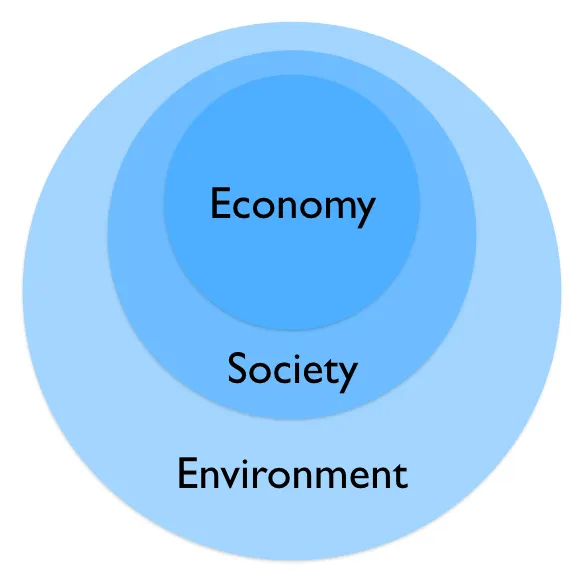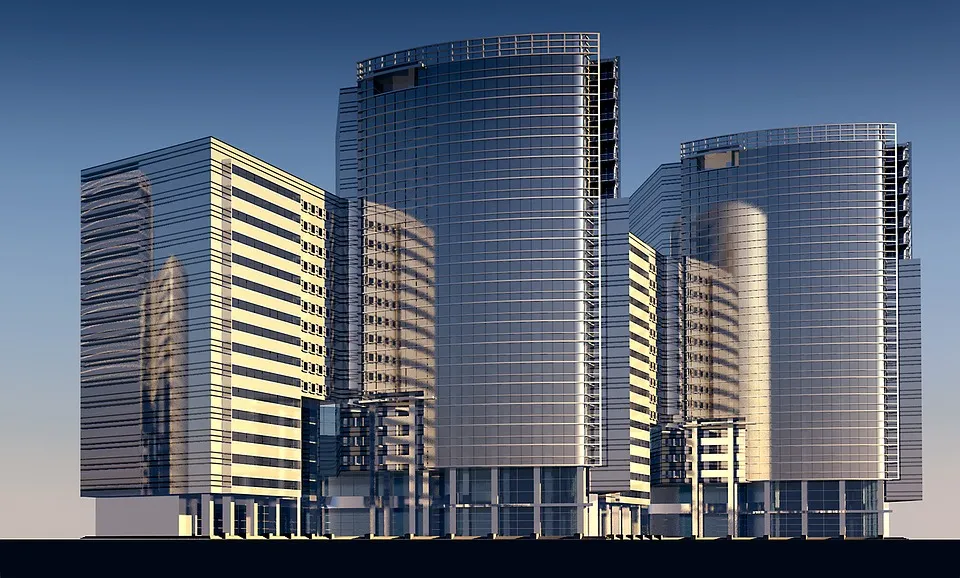When it comes to change, we should not wait so long, that is why in this publication I will give a twist to the topics on organizational culture, I hope the material I shared with you has been fruitful in theoretical and technical learning, from this publication I will develop some general ideas on business economics and social and environmental sustainability.

This is a topic that has already been addressed, but to move forward it is necessary to remind you that according to the Brundtland Report written for the United Nations with the aim of generating actions that can reverse environmental problems, according to the main guideline of the report the concept of sustainable development is based on the concept of development that meets the needs of the present generation without compromising the ability of future generations to meet their own needs.
In the aforementioned Brundtland Report, the economic dimension is established as one of the partial systems of society, composed of the main actors (households, companies, and the State), whose objective and function is the production of goods and services, to allow with the income the satisfaction of the material needs of the members of society, to ensure the existence of a society and to contribute to the welfare of the population and society as a whole.
According to the guidelines of this dimension, there is a need to direct societies towards rational economic growth within natural limits, which requires that societies generate an optimal flow of income while maintaining the basic needs of each person.

Currently, the impact generated by the indiscriminate exploitation of unlimited natural resources (water, minerals, raw materials, energy) worldwide, in order to generate capital wealth for large industries and world powers through the practice of the capitalist production system, has caused great damage to the environment and the ecosystem.